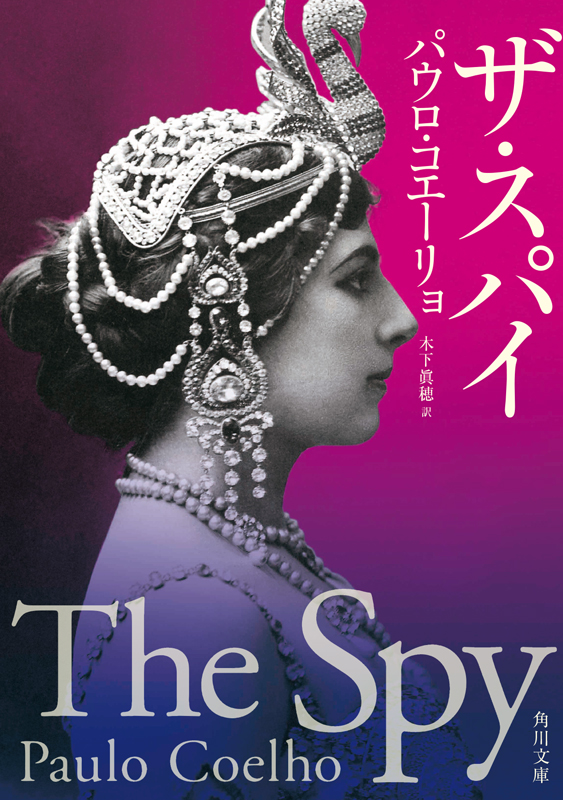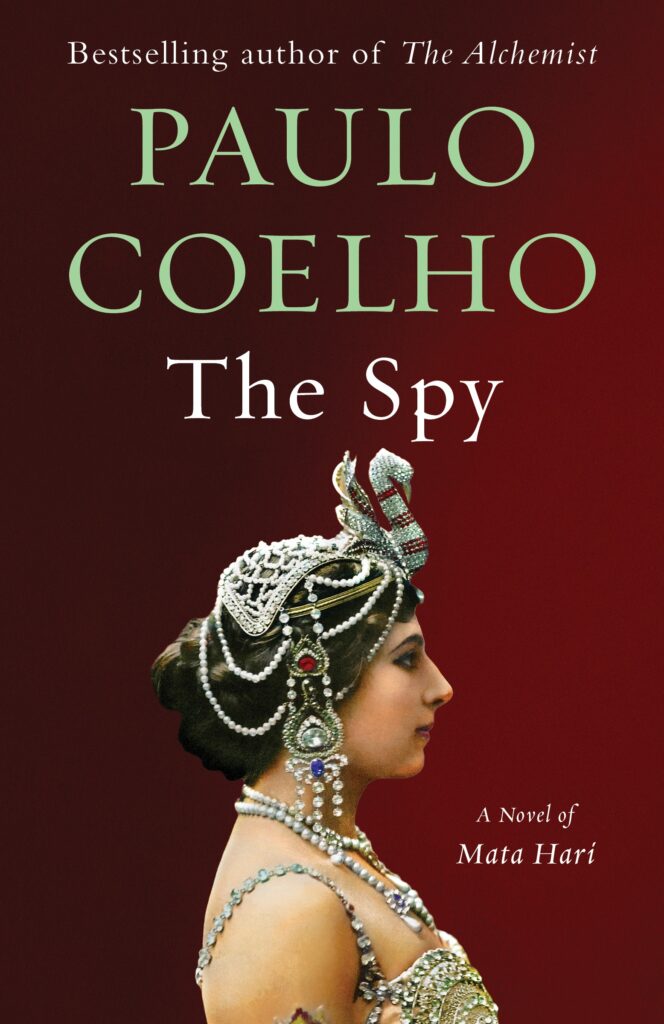

Mata Hari’s only crime was to be an independent woman. A woman who didn’t submit to her fate in a world of bounds and restrictions.
When she arrived in Paris, she was penniless. Within months she was the most celebrated woman in the city. As a dancer, she shocked and delighted audiences; as a courtesan, she bewitched the era’s richest and most powerful men.
Paulo Coelho examines the mysteries of life and love by transforming this extraordinary personality into a literary heroine in The Spy which he has based on the correspondence of Mata Hari and her lawyer.
YEAR OF PUBLICATION:
2016
PAGES:
184
RIGHTS SOLD:
53 languages
“The ending is brilliant in its irony, and throughout, he displays an ability to inhabit her voice. Through the letters, he illustrates the difficulties of being an independent woman in that time and place. By the end, readers will believe they’ve read Zelle’s actual letters.”
- Publishers Weekly
“Once again Coelho has succeeded at stepping into a woman’s shoes, this time framing the character with the ways and customs of that era, but without cluttering the narrative. I believe that what he’s created, a biographical novel, is a very difficult genre, because sometimes scholarship gets in the way of the emotion of the story. In this case, the narrative never loses speed. The choice of the first person is just brilliant.”
- Elena Ramírez, Publisher
“Everything began after a conversation with my lawyer. I remember we were talking about those people who have been used as scapegoats throughout history. The name Mata Hari came up—a woman who lived during the First World War, Europe’s bloodiest. It was neither won nor lost. It never ended. People were desperate. Mata Hari was someone with great popularity. This is the first time I have undertaken journalistic work”.
- Paulo Coelho

© Richard Klíčník
I am a woman who was born at the wrong time and nothing can be done to fix this. I don’t know if the future will remember me, but if it does, may it never see me as a victim, but as someone who moved forward with courage, fearlessly paying the price she had to pay.
Flowers teach us that nothing is permanent: not their beauty, not even the fact that they will inevitably wilt, because they will still give new seeds. Remember this when you feel joy, pain, or sadness. Everything passes, grows old, dies, and is reborn.
